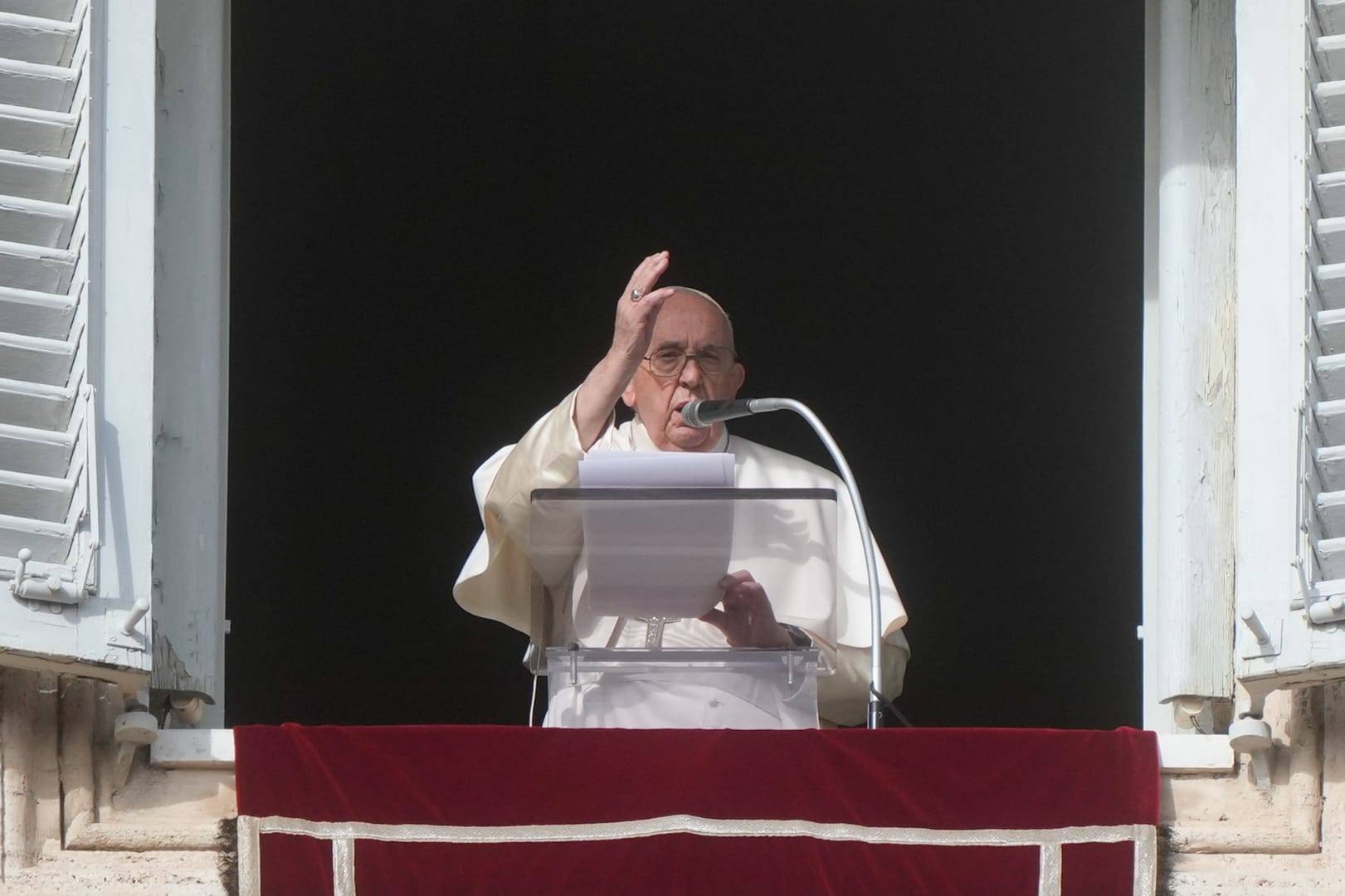YAOUNDÉ, Cameroon – A leading PR institute in Nigeria recently staged events intended to “rebrand” the global image of Africa’s most populous nation, trying to shift focus away from familiar narratives such as corruption, tribalism, violence and a crumbling infrastructure, towards success stories that put Nigeria in a more flattering light.
A number of Nigerian voices, however, including one of the country’s most prominent Catholic bishops, are warning that “rebranding” won’t work unless the underlying causes of those negative images are addressed – including, they say, a broken educational system.
“The collapse of the Nigerian image did not happen in isolation. We must measure it against the backdrop of the collapse of some institutions of prestige, such as the universities,” Bishop Matthew Kuka of the Diocese of Sokoto, speaking at a recent award ceremony hosted by the Epiphany Azinge Foundation in Abuja, the national capital.

Kuka said tribalism had taken over as a criterion for promotion, and noted that Nigeria won’t make any progress if those in position of power continued to sacrifice merit on the altar of tribalism and nepotism. The country’s youths have become disillusioned, Kuka said, and are ready to risk even their lives in the search for a greener pasture abroad.
“Tribalization is rising because of the inefficiency of the Nigerian system,” he said. “It is not so much a question of how many sermons we preach … the fact of the matter is that we have outsourced our responsibilities. That is why we are at the point that we are now.
“Nigerians are now behaving like orphans,” Kuka said. “We have nobody to turn to.”
The bishop is not alone in identifying the collapse of the educational system as responsible for Nigeria’s image woes.
Speaking at the 2017 graduation ceremony of Showers Christian High School in Port Harcourt, Professor Aniekan Ekere, whose specialty is medicine, said the country’s educational system imploded decades ago, giving rise to poorly educated leaders who turned around to massacre the economy.
First, Ekere said, the government disregarded the recommendations of a panel and created three universities in Western Nigeria instead of one, thus “triggering the rush to catch up,” according to Business Day newspaper.
Second, he said, was the introduction of campus fraternities at the University of Ibadan in 1958, which, unfortunately, has resulted in the proliferation of campus cults and even violent intra-cult warfare to this day.
As a result, Ekere said, universities have exploded in size and cult rivalries have thrived, ultimately producing leaders with orientations that don’t fit into those that result from a good education.
A third reason, Ekere said, is the quota system applied for employment in the civil service. Experts have said the policy pushes states to mass-produce educated people, who don’t always meet the desired standards.
All these factors, Ekere said, and not just an “image problem,” have weakened Nigeria’s standing in the world.
Justin W. van Fleet of the Brookings Institution agrees, citing Nigeria as one of just seven countries worldwide “in which 40 percent or more of children do not meet a minimum standard of learning by grades 4 or 5.
“In countries such as Ethiopia, Nigeria and Zambia, over half of in-school students are not learning basic skills by the end of primary school,” Fleet said.
In an interview with the Vanguard Newspapers on April 5, 2013, Professor Ngozi Azuka Osarenren of the Department of Educational Foundations at the University of Lagos said mathematics instruction in the country offers a prime example, asserting that there are several basic mathematic concepts “which many of the mathematics teachers themselves do not know.
“There are some aspects of the syllabus which come out in student examinations but were not taught by teachers, because they do not even know it themselves,” Osarenren said.
Nigeria’s bishops have diagnosed the problem as well. In September, the Bishops’ Conference of Nigeria issued a statement reaffirming it commitment “to the integral development of the citizens of Nigeria, especially through the provision of quality education.”
The statement echoed a similar bishops’ document from 2014, in which they noted that “with integral education, the human person is formed to be loving and caring, able to actualize his or her potential, contribute to the attainment of the common good and fulfill his or her aspiration.
“Quality education in this respect has a religious and moral content,” the bishops said. “Education, in the final analysis, is a means of cooperating with God to overcome evil and bring out the best in the human person.”
The bottom line, Kuka said, is that the federal government needs to pay greater attention to the decay of vital institutions in the country – and, by implication, let the “rebranding” of Nigeria’s image flow from real change on the ground.
















